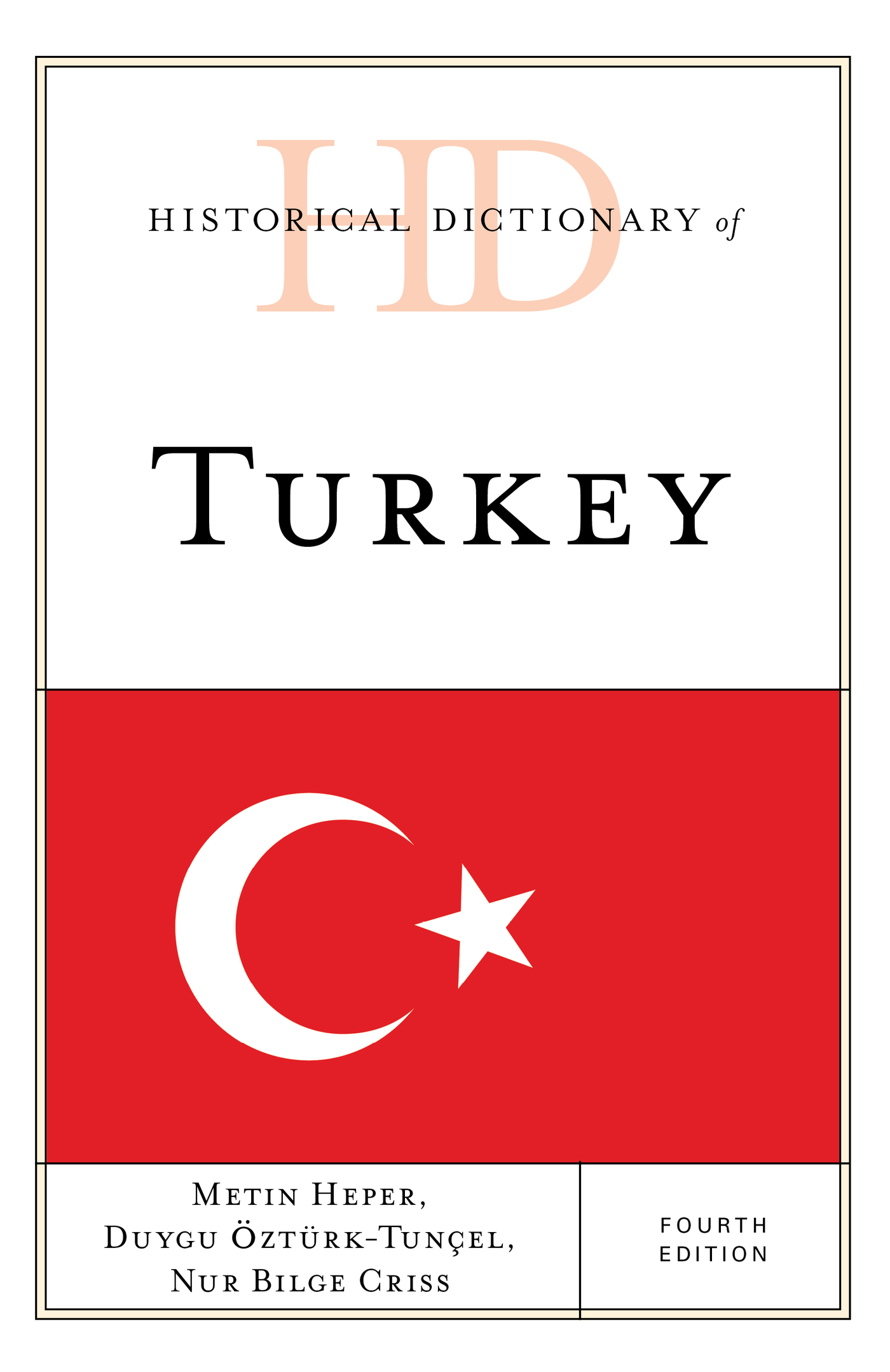The historical dictionaries present essential information on a broad range of subjects, including American and world history, art, business, cities, countries, cultures, customs, film, global conflicts, international relations, literature, music, philosophy, religion, sports, and theater. Written by experts, all contain highly informative introductory essays on the topic and detailed chronologies that, in some cases, cover vast historical time periods but still manage to heavily feature more recent events.
Brief AZ entries describe the main people, events, politics, social issues, institutions, and policies that make the topic unique, and entries are cross-referenced for ease of browsing. Extensive bibliographies are divided into several general subject areas, providing excellent access points for students, researchers, and anyone wanting to know more. Additionally, maps, photographs, and appendixes of supplemental information aid high school and college students doing term papers or introductory research projects. In short, the historical dictionaries are the perfect starting point for anyone looking to research in these fields.
Historical Dictionaries of Europe
Jon Woronoff, Series Editor
Greece, by Thanos M. Veremis and Mark Dragoumis. 1995.
Romania, by Kurt W. Treptow and Marcel Popa. 1996.
United Kingdom: Volume 1, England and the United Kingdom; Volume 2, Scotland, Wales, and Northern Ireland, by Kenneth J. Panton and Keith A. Cowlard. 1997, 1998.
Hungary, by Steven Bla Vrdy. 1997.
Ireland, by Colin Thomas and Avril Thomas. 1997.
Russia, by Boris Raymond and Paul Duffy. 1998.
Federal Republic of Yugoslavia, by Zeljan Suster. 1999.
Belgium, by Robert Stallaerts. 1999.
Poland, 2nd edition, by George Sanford. 2003.
Finland, 2nd edition, by George Maude. 2007.
Belgium, 2nd edition, by Robert Stallaerts. 2007.
Moldova, 2nd edition, by Andrei Brezianu and Vlad Spnu. 2007.
Bosnia and Herzegovina, 2nd edition, by Ante uvalo. 2007.
Modern Italy, 2nd edition, by Mark F. Gilbert and K. Robert Nilsson. 2007.
Belarus, 2nd edition, by Vitali Silitski and Jan Zaprudnik. 2007.
Contemporary United Kingdom, by Kenneth J. Panton and Keith A. Cowlard. 2008.
Norway, by Jan Sjvik. 2008.
France, 2nd edition, by Gino Raymond. 2008.
Republic of Macedonia, by Dimitar Bechev. 2009.
Cyprus, by Farid Mirbagheri. 2010.
Austria, 2nd edition, by Paula Sutter Fichtner. 2009.
Modern Greece, by Dimitris Keridis. 2009.
Czech State, 2nd edition, by Rick Fawn and Ji Hochman. 2010.
Portugal, 3rd edition, by Douglas L. Wheeler and Walter C. Opello Jr. 2010.
Croatia, 3rd edition, by Robert Stallaerts. 2010.
Albania, 2nd edition, by Robert Elsie. 2010.
Malta, 2nd edition, by Uwe Jens Rudolf and Warren G. Berg. 2010.
Armenia, 2nd edition, by Rouben Paul Adalian. 2010.
Russian Federation, by Robert A. Saunders and Vlad Strukov. 2010.
Kosovo, 2nd edition, by Robert Elsie. 2011.
Lithuania, 2nd edition, by Saulius Suiedlis. 2011.
Ukraine, 2nd edition, by Ivan Katchanovski, Zenon E. Kohut, Bohdan Y. Nebesio, and Myroslav Yurkevich. 2013.
Ireland, new edition, by Frank A. Biletz. 2014.
Slovakia, 3rd edition, by Stanislav J. Kirschbaum. 2014.
Switzerland, 2nd edition, by Leo Schelbert. 2014.
Bulgaria, 3rd edition, by Raymond Detrez. 2015.
Georgia, 2nd edition, by Alexander Mikaberidze. 2015.
Estonia, 2nd edition, by Toivo Miljan. 2015.
Sweden, 3rd edition, by Elisabeth Elgn and Irene Scobbie. 2015.
Netherlands, 3rd edition, by Joop W. Koopmans. 2015.
Iceland, 2nd edition, by Sverrir Jakobsson and Gumunder Hlfdanarson. 2016.
Denmark, 3rd edition, by Alastair H. Thomas. 2016.
Contemporary Germany, by Derek Lewis with Ulrike Zitzlsperger. 2016.
Latvia, 3rd edition, by Aldis Purs and Andrejs Plakans. 2017.
Slovenia, 3rd edition, by Leopoldina Plut-Pregelj, Gregor Kranjc, arko Lazarevi, and Carole Rogel. 2018.
Spain, 3rd edition, by Angel Smith. 2018.
Turkey, 4th edition, by Metin Heper, Duygu ztrk-Tunel, and Nur Bilge Criss. 2018.
Names: Heper, Metin, author. | Ozturk-Tuncel, Duygu, author. | Criss, Nur Bilge, author.
Title: Historical dictionary of Turkey / Metin Heper, Duygu Ozturk-Tuncel, Nur Bilge Criss.
Description: Fourth edition. | Lanham, MD : Rowman & Littlefield, [2018] | Series: Historical dictionaries of Europe | Includes bibliographical references.
Identifiers: LCCN 2017054410 (print) | LCCN 2017056577 (ebook) | ISBN 9781538102251 (electronic) | ISBN 9781538102244 (hardcover : alk. paper)
Subjects: LCSH: TurkeyHistoryDictionaries.
Classification: LCC DR436 (ebook) | LCC DR436 .H47 2018 (print) | DDC 956.1003dc23
Not so long ago Turkey was dismissed as the end of Europe, but the country has increasingly become a center for regional affairs. After decades as a bastion against the Soviet Union, it can now deal normally with Eastern European countries and the successor states of the Soviet Union. Some of these Eastern European areas were part of the Ottoman Empire, and several share the same religions and historic roots. Contacts with the Middle East are facilitated by a common religion and mutual economic interests. While restoring these relationships, however, Turkey has never turned away from the West. To the contrary, since the 1950s the country has sought closer economic and political links with and has aspired to membership in the European Union. But to understand modern-day Turkey, it is essential to examine its history, particularly the origins of the Ottoman Empire in the 14th century and the creation of the secular state by Atatrk. This span of seven centuries explains the importance of historical in the books title, since history is an important part of what is taking place in the country today.

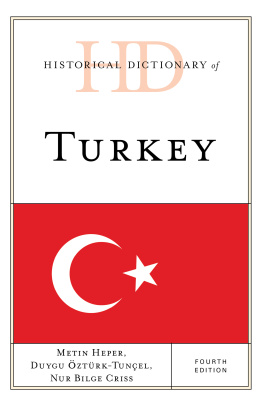
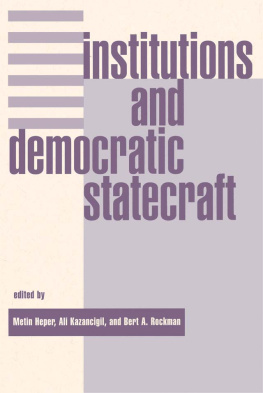

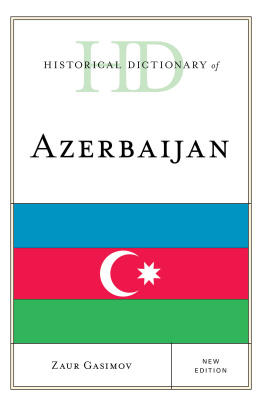
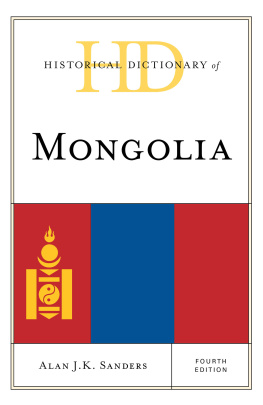
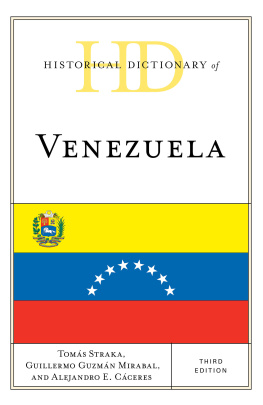
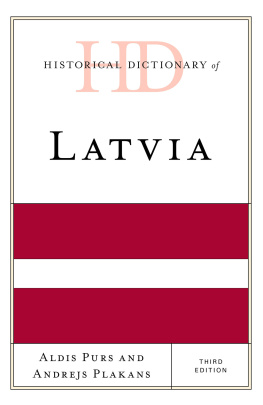
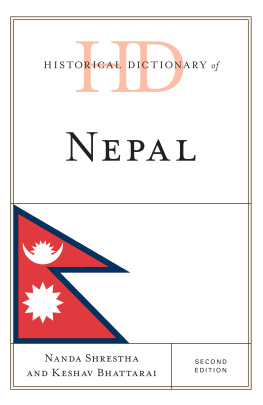

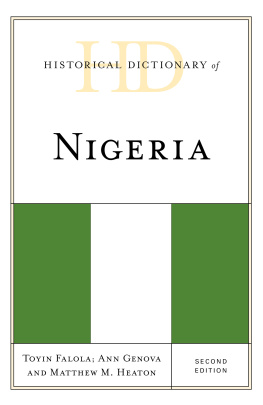
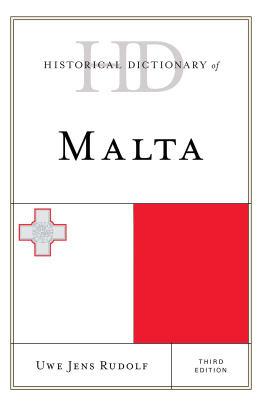
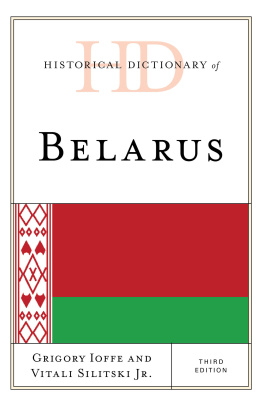
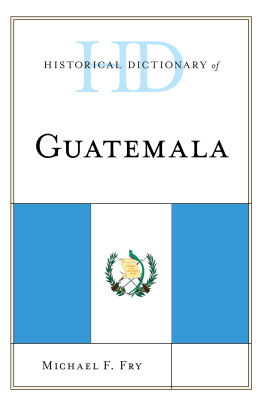
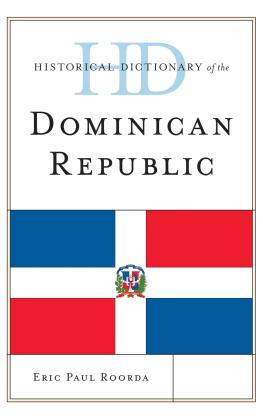
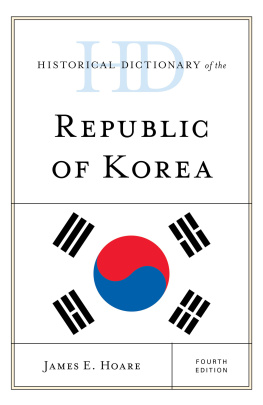
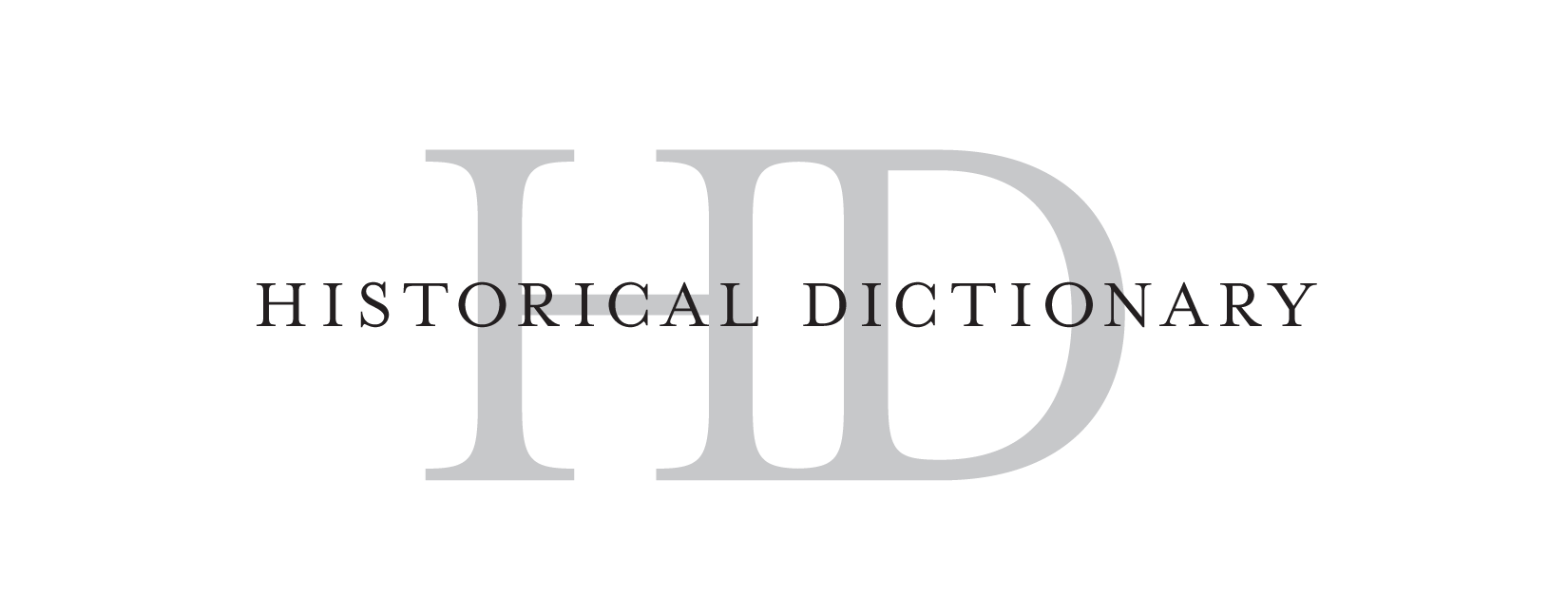
 TM The paper used in this publication meets the minimum requirements of American National Standard for Information Sciences Permanence of Paper for Printed Library Materials, ANSI/NISO Z39.48-1992.
TM The paper used in this publication meets the minimum requirements of American National Standard for Information Sciences Permanence of Paper for Printed Library Materials, ANSI/NISO Z39.48-1992.